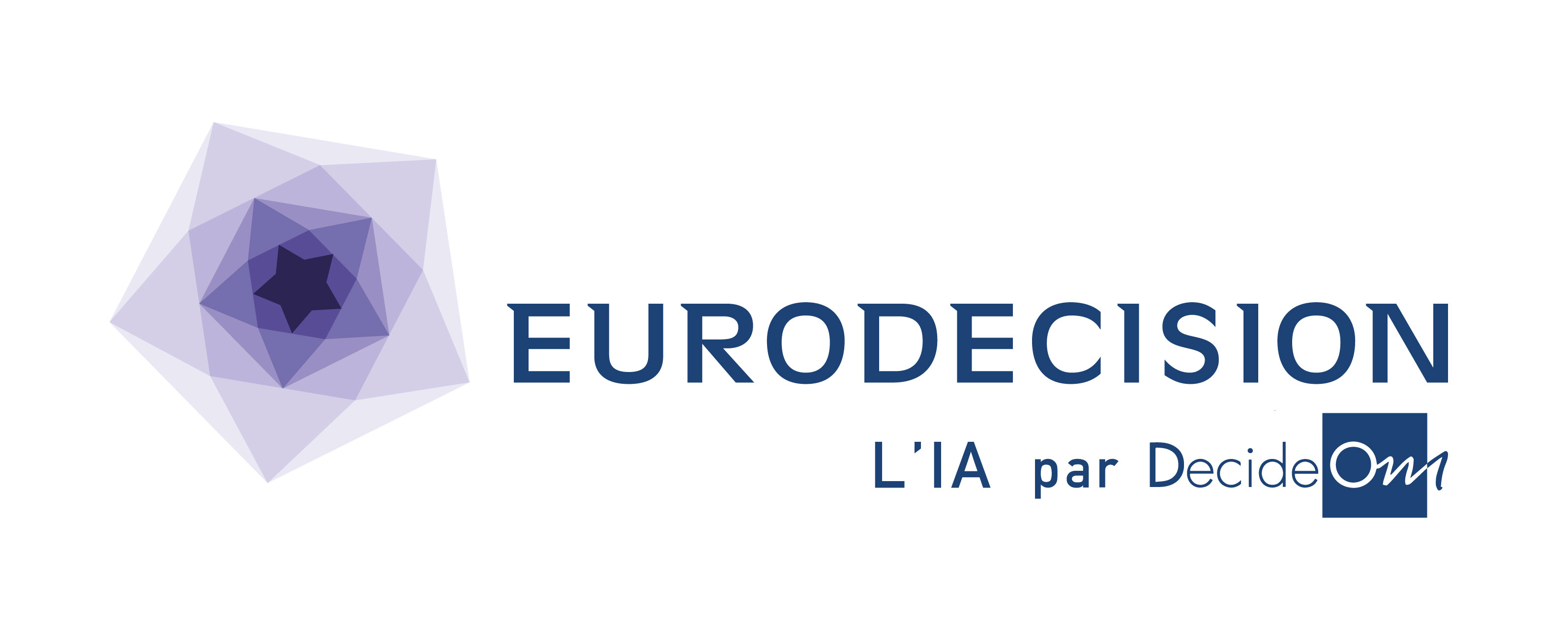Forum 'Emplois' - Sujet créé le 2021-01-26
par
Cyrille Briand
General information
===============
Reference : UPR8001-CYRBRI-001 - https://emploi.cnrs.fr/Offres/CDD/UPR8001-CYRBRI-001/Default.aspx
Workplace : TOULOUSE
Date of publication : Tuesday, January 19, 2021
Type of Contract : FTC Scientist
Contract Period : 12 months
Expected date of employment : 1 April 2021
Proportion of work : Full time
Remuneration : The monthly gross salary can vary between 2648 and 3054€ depending on the experience
Desired level of education : PhD
Missions
===============
The candidate will be a member of a multidisciplinary project called 5S. This project is funded by the French Region OCCITANIE and started in November 2020. The main objective of 5S, and the mission of the candidate, is to develop HMIs and aided-decision tools to help decision-makers to supervise production systems in a stressful environment. The project is multidisciplinary and collaborative in essence. It involves the CLLE lab for the aspects related to cognitive ergonomics, the IRIT lab concerning human-machine interactions, and the LAAS-CNRS for the combinatorial optimization aspects.
Activities
===============
Modern manufacturing environment is very stressful for operators in charge of the supervision of the production processes. Indeed, they have to cope with many unexpected events that occur during the implementation of the production plans such as quality defaults, late component deliveries, machine failures, staffing problems, among others. As these events may dramatically impact the efficiency of the entire production process, supervisors need to continuously monitor and manage them in order to keep the production performance indicators the best as possible.
The real-time management of these uncertainties is an important source of stress for production supervisors who need to be very reactive and smart to tackle them so as to avoid any crisis situation. Facing unexpected events requires to schedule and reschedule production activities so that the production plan remains constantly consistent with the new constraints. The performance indicators have to be kept always the best as possible. Activity scheduling is in general very complex as a lot of information need to be taken simultaneously into account and also because the solution space is in general very combinatorial. To help production supervisor to tackle the intrinsic complexity of production scheduling, decision support systems (DSS) have been developed.
Many approaches dealing with the design of DSS for manufacturing systems are “techno-centered”: when unexpected events occur, algorithms automatically propose production plan reconfigurations to decision-makers. They have to validate them without really having the opportunity to fit them better. This kind of approach often requires a high level of digitalization and does not really take the human factors into account: operators are assumed to behave perfectly with predictable response times. Moreover, although the decision workload is not supported anymore by the supervisors in this approach, their stress can be even higher as the new plans can be seen as new constraints to integrate without the possibility to negotiate them. Decision-makers even try to tune the input data of the algorithms so that their output will be humanly acceptable.
On the contrary, the 5s project aims to promote a human-centered approach, which better analyses the relation between stress, cognitive effort, and uncertainty during rescheduling and better integrates DSS in the decision-making processes (with decision-makers in the loop). A real case-study of a satellite payload assembler will be considered in the course of the project 5S to assess the approach.
The candidate will have to :
- participate in the choice and the design of an innovative DSS approach taking cognitive ergonomics aspects into account;
- Implement the main algorithms of a DSS prototype to be used as a proof of concept;
- develop low and hi-fidelity HMI prototypes;
- interact deeply with the cognitive ergonomics and scientist researchers and the various decision-makers of the industrial case-study.
Skills
===============
The candidate must have:
- a Ph.D. degree in computer science or a related field,
- good knowledge in the domain of HMIs,
- good skills in combinatorial optimization or constraint programming,
- strong computer programming skills,
- good organizational and communication skills.
Work Context
===============
The candidate will be a member of the LAAS-CNRS lab. The LAAS lab is a CNRS research unit linked with the Institute for Engineering and Systems Sciences (INSIS) and the Institute of Information Sciences and their interactions (INS2I). The selected candidate will join a project group composed of Cyril Briand (http://homepages.laas.fr/biand/), Philippe Truillet (https://www.irit.fr/~Philippe.Truillet/) and Céline Lemercier (https://clle.univ-tlse2.fr/accueil/navigation/actualites/annuaire/celine-lemercier--29398.kjsp#/)




























